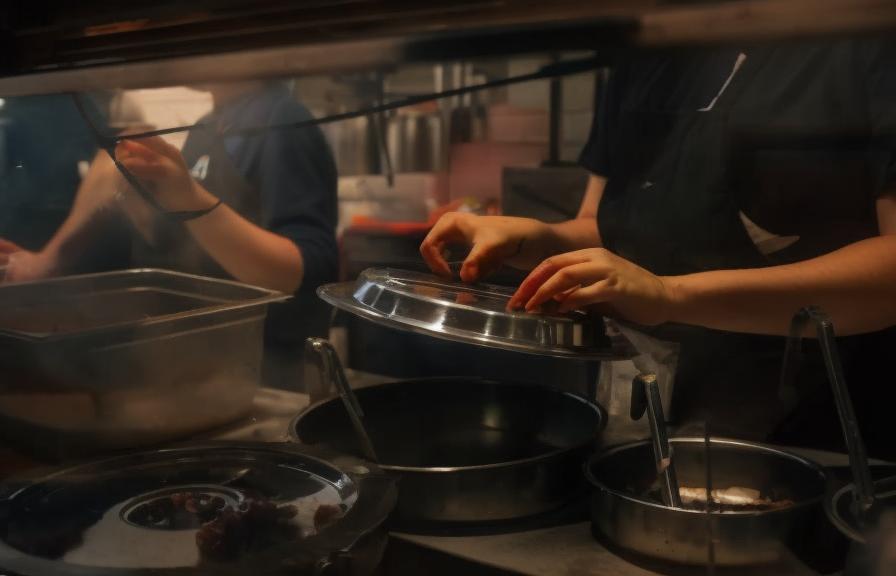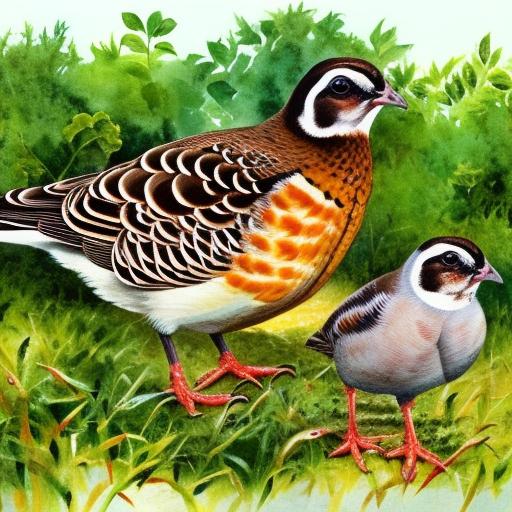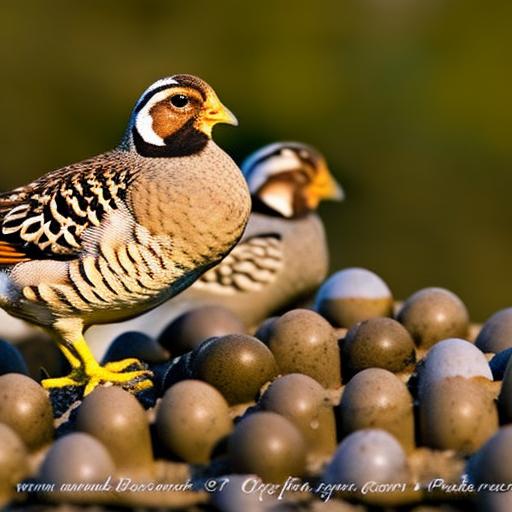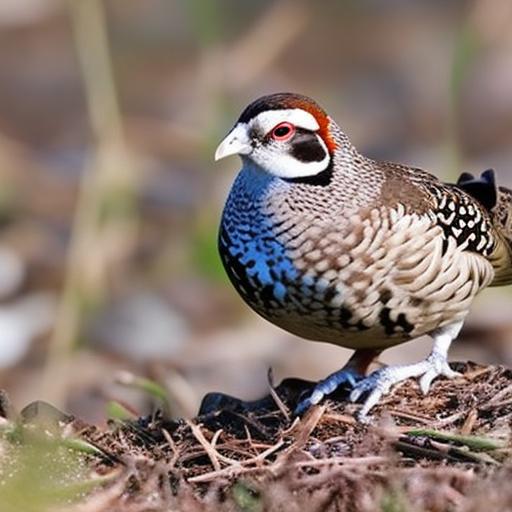Quail meat is a popular choice for many people due to its unique flavor and versatility in cooking. It is a lean and healthy protein source that is low in fat and high in nutrients, making it an excellent choice for those looking to maintain a healthy diet. Quail meat is also known for its delicate texture and rich, gamey flavor, making it a favorite among chefs and food enthusiasts alike. In addition to its culinary appeal, quail meat is also a sustainable and environmentally friendly option, as quail are relatively easy to raise and require minimal space and resources compared to other livestock.
Key Takeaways
- Quail meat is a lean, flavorful, and nutritious alternative to traditional poultry options, with a growing demand in the market.
- Raising quail for meat production offers benefits such as fast growth, high feed efficiency, and low space requirements, making it a cost-effective venture for small-scale farmers.
- Top breeds for meat production include Coturnix (Japanese), Bobwhite, and Pharaoh quail, each with their own unique characteristics and advantages.
- Coturnix quail are known for their rapid growth and high egg production, while Bobwhite quail are valued for their larger size and flavorful meat.
- When choosing a breed for meat production, factors to consider include growth rate, feed efficiency, space requirements, and adaptability to local climate and environment.
- Tips for raising quail for meat production include providing a balanced diet, adequate housing and space, and proper management of breeding and egg production.
- In conclusion, raising quail for meat can be a rewarding and profitable venture for farmers, with the potential to meet the growing demand for this nutritious and flavorful protein source.
Benefits of raising quail for meat
There are numerous benefits to raising quail for meat production. One of the main advantages is the quick turnaround time from hatching to maturity, with quail reaching market weight in just 6-8 weeks. This rapid growth rate makes quail a highly efficient and cost-effective option for meat production. Additionally, quail require minimal space and can be raised in small backyard setups or indoor aviaries, making them accessible to a wide range of farmers and homesteaders. Quail are also prolific layers, with hens laying up to 300 eggs per year, providing an additional source of income for those interested in selling eggs or hatching chicks. Furthermore, quail are hardy birds that are resistant to many common poultry diseases, making them a low-maintenance option for those new to raising livestock.
Top breeds of quail for meat production
There are several breeds of quail that are well-suited for meat production, each with its own unique characteristics and advantages. The Coturnix quail, also known as the Japanese quail, is one of the most popular breeds for meat production due to its rapid growth rate and high egg production. The Bobwhite quail is another popular choice, known for its flavorful meat and adaptability to various climates. The Pharaoh quail, also known as the Egyptian quail, is a hardy breed that is well-suited for commercial meat production due to its large size and fast growth rate.
Characteristics of each breed
The Coturnix quail is a small, hardy bird with a plump body and mottled brown feathers. They are known for their rapid growth rate, reaching market weight in just 6-8 weeks, and their prolific egg-laying ability, making them a popular choice for both meat and egg production. The Bobwhite quail is a medium-sized bird with distinctive black and white markings on its feathers. They are known for their flavorful meat and adaptability to various climates, making them a popular choice for both commercial and backyard meat production. The Pharaoh quail is a large, robust bird with a plump body and speckled brown feathers. They are known for their fast growth rate and large size, making them a popular choice for commercial meat production.
Considerations for choosing a breed
When choosing a breed of quail for meat production, there are several factors to consider. It is important to consider the climate and environment in which the quail will be raised, as some breeds are more adaptable to different conditions than others. Additionally, it is important to consider the desired end product, whether it be meat or eggs, as some breeds are better suited for one purpose over the other. It is also important to consider the availability of breeding stock and the potential market demand for the chosen breed.
Tips for raising quail for meat

There are several tips to keep in mind when raising quail for meat production. It is important to provide a clean and comfortable living environment for the quail, with plenty of space to move around and access to fresh food and water. Additionally, it is important to monitor the health of the quail regularly and provide any necessary medical care or supplements as needed. It is also important to handle the quail gently and minimize stress during handling and transportation, as this can affect the quality of the meat. Finally, it is important to have a solid marketing plan in place before raising quail for meat production, as this will help ensure a steady demand for the end product.
Conclusion and final thoughts
In conclusion, quail meat is a delicious and nutritious option for those looking to add variety to their diet or start a small-scale meat production operation. With its unique flavor, quick growth rate, and minimal space requirements, quail are an excellent choice for those new to raising livestock or looking to diversify their farming operation. By carefully considering the breed of quail best suited to their needs and following best practices for raising and marketing the birds, farmers and homesteaders can enjoy the many benefits of raising quail for meat production. Whether it be for personal consumption or commercial sale, quail meat offers a sustainable and environmentally friendly option that is sure to satisfy both producers and consumers alike.
If you’re interested in raising quail for meat, you may also want to explore the world of poultry farming. Poultry Wizard offers a helpful article on “How Big Does a Coop Need to Be for a Chicken,” which provides valuable insights into creating suitable living spaces for chickens. Understanding the importance of proper housing and care for poultry can also be beneficial when considering the breeding and care of quail for meat production. Check out the article here.
FAQs
What are the best breeds of quail for meat production?
There are several breeds of quail that are commonly used for meat production, including the Coturnix quail (also known as Japanese quail), Bobwhite quail, and the Pharaoh quail.
What are the characteristics of Coturnix quail for meat production?
Coturnix quail are known for their fast growth rate, high meat-to-body ratio, and efficient feed conversion. They are also relatively easy to raise and are well-suited for commercial meat production.
What are the characteristics of Bobwhite quail for meat production?
Bobwhite quail are popular for their flavorful meat and are often raised for hunting purposes. They have a slightly slower growth rate compared to Coturnix quail but are still a good option for meat production.
What are the characteristics of Pharaoh quail for meat production?
Pharaoh quail, also known as the wild type of Coturnix quail, are another popular choice for meat production. They have similar characteristics to Coturnix quail and are often used in commercial quail farming operations.
Are there other breeds of quail that can be raised for meat production?
While Coturnix, Bobwhite, and Pharaoh quail are the most commonly raised breeds for meat production, there are other breeds such as the Gambel’s quail and the California quail that can also be raised for meat, although they are less common for commercial purposes.
Meet Walter, the feathered-friend fanatic of Florida! Nestled in the sunshine state, Walter struts through life with his feathered companions, clucking his way to happiness. With a coop that’s fancier than a five-star hotel, he’s the Don Juan of the chicken world. When he’s not teaching his hens to do the cha-cha, you’ll find him in a heated debate with his prized rooster, Sir Clucks-a-Lot. Walter’s poultry passion is no yolk; he’s the sunny-side-up guy you never knew you needed in your flock of friends!







